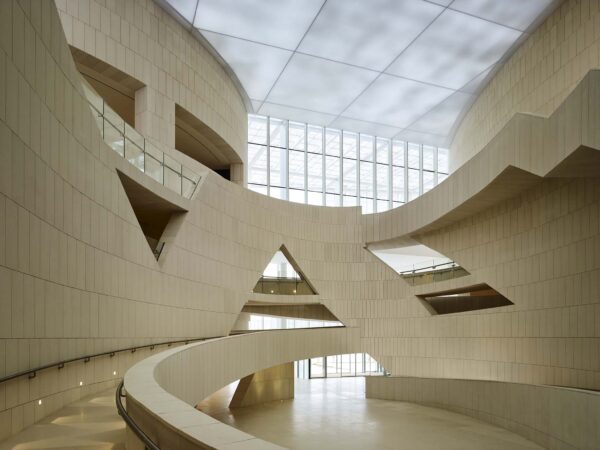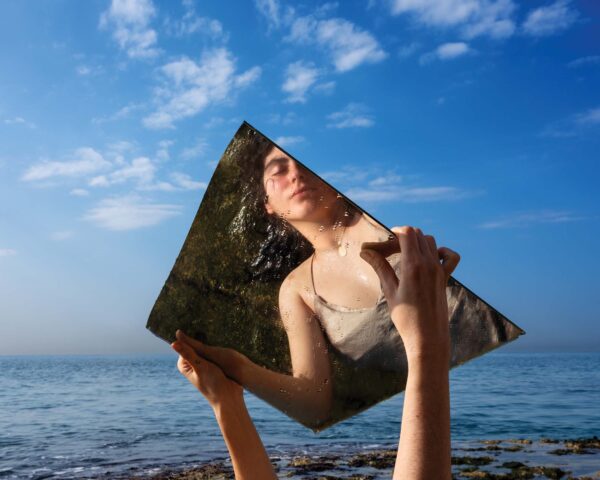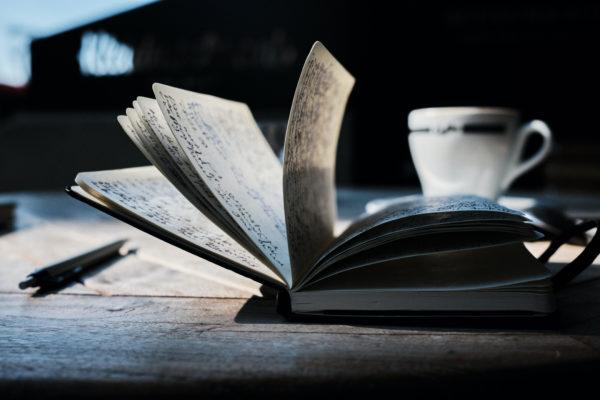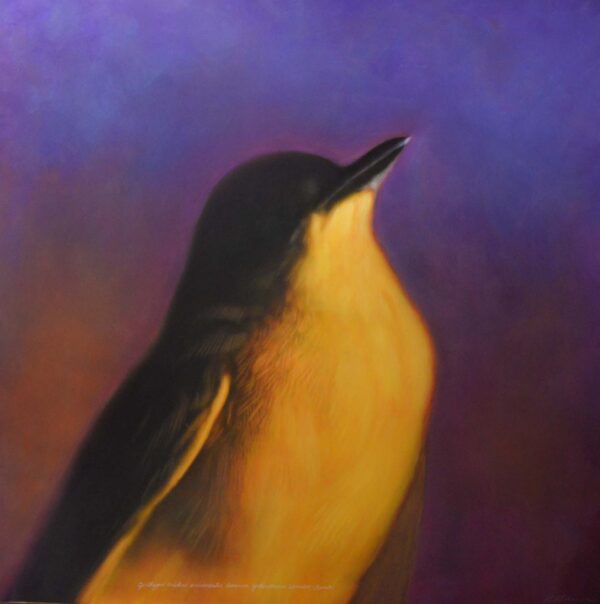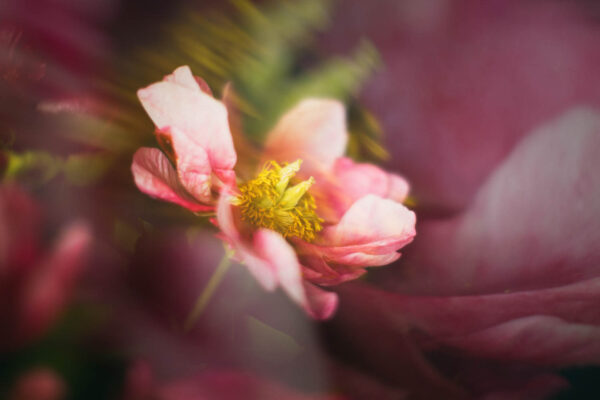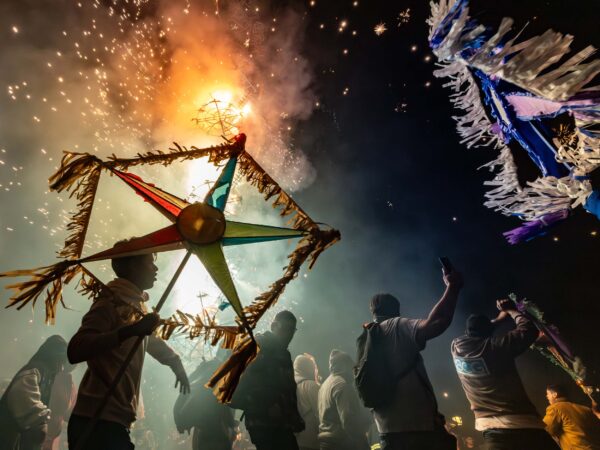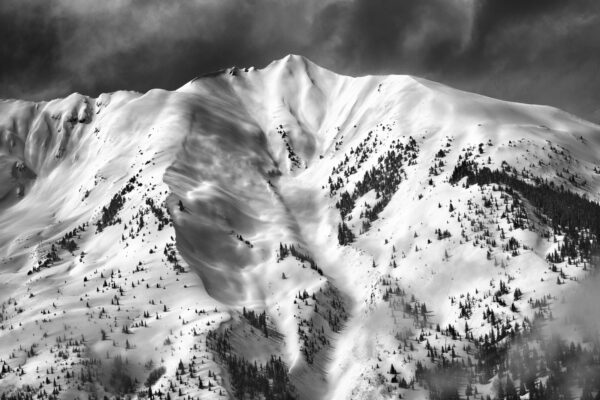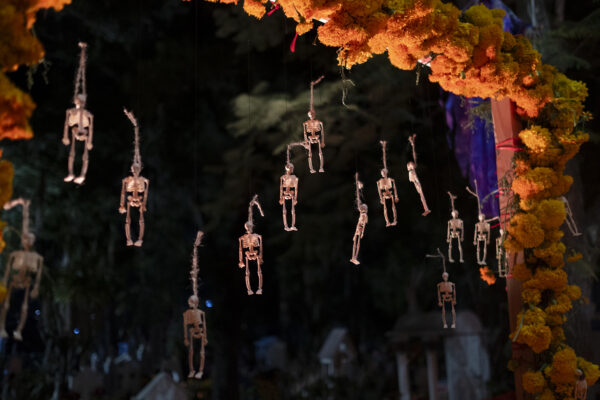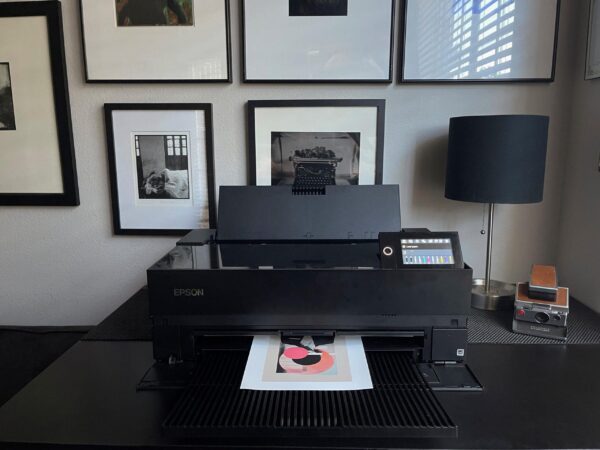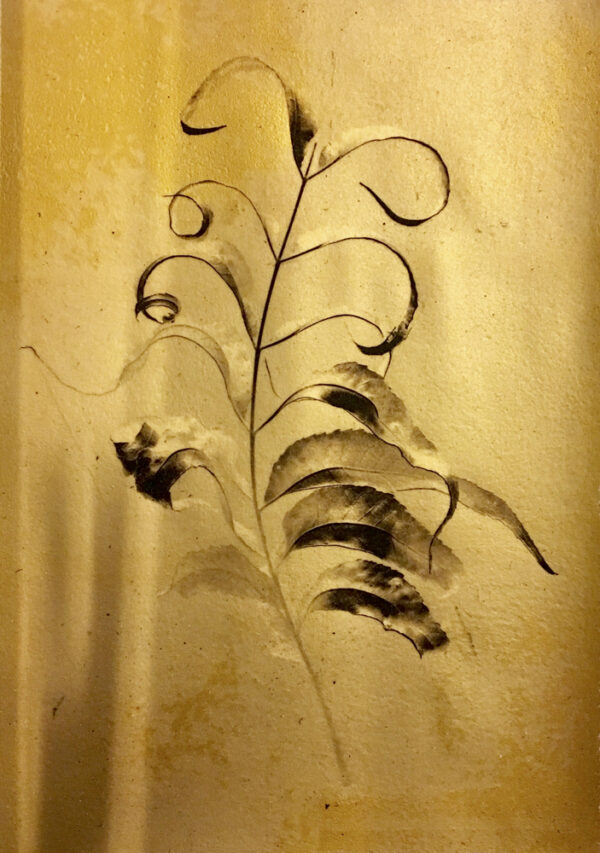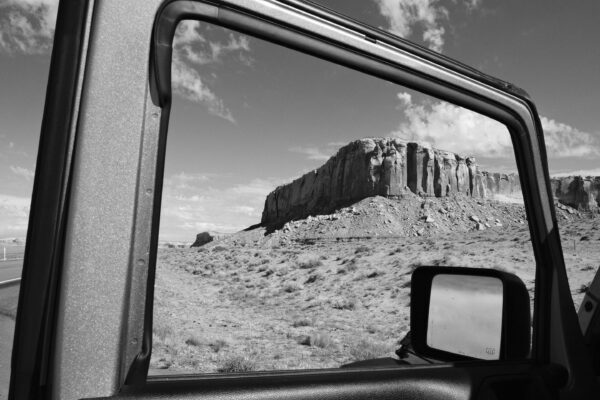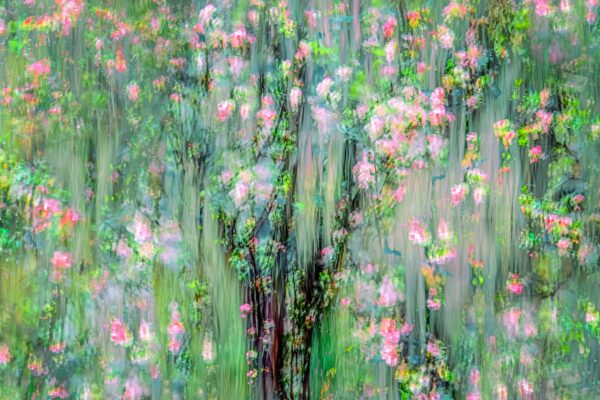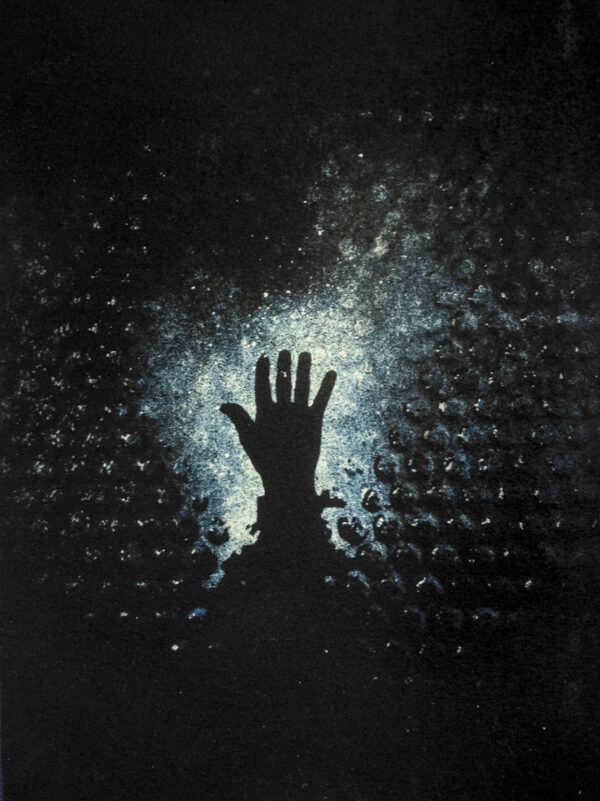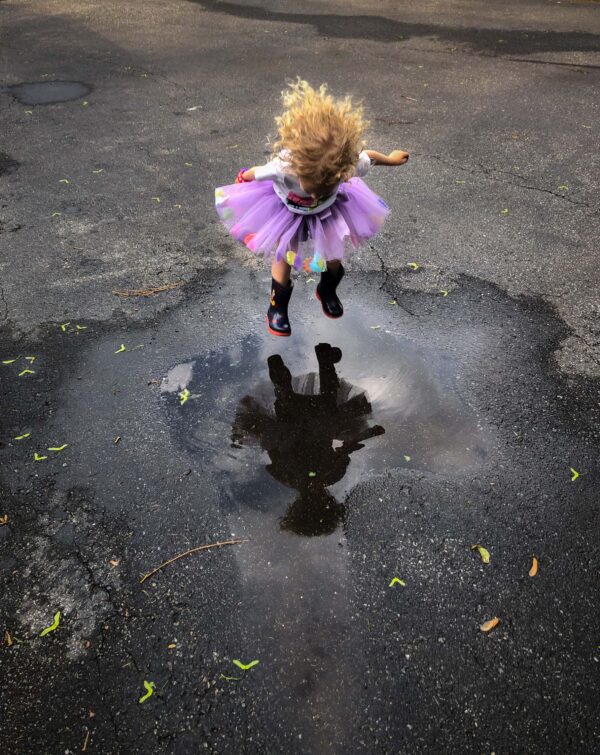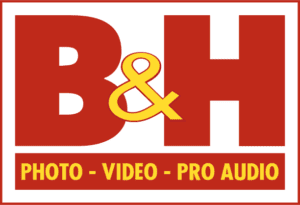Exploring Collage: Digital and Traditional Practice
with Natalie Krick
Online registration for this program has closed. To check availability, find out about future dates, or if you would like further information, please call 505-983-1400 ext. 111. Also, get the SFW E-Newsletter for updates!
Sign-up for the Newsletter:
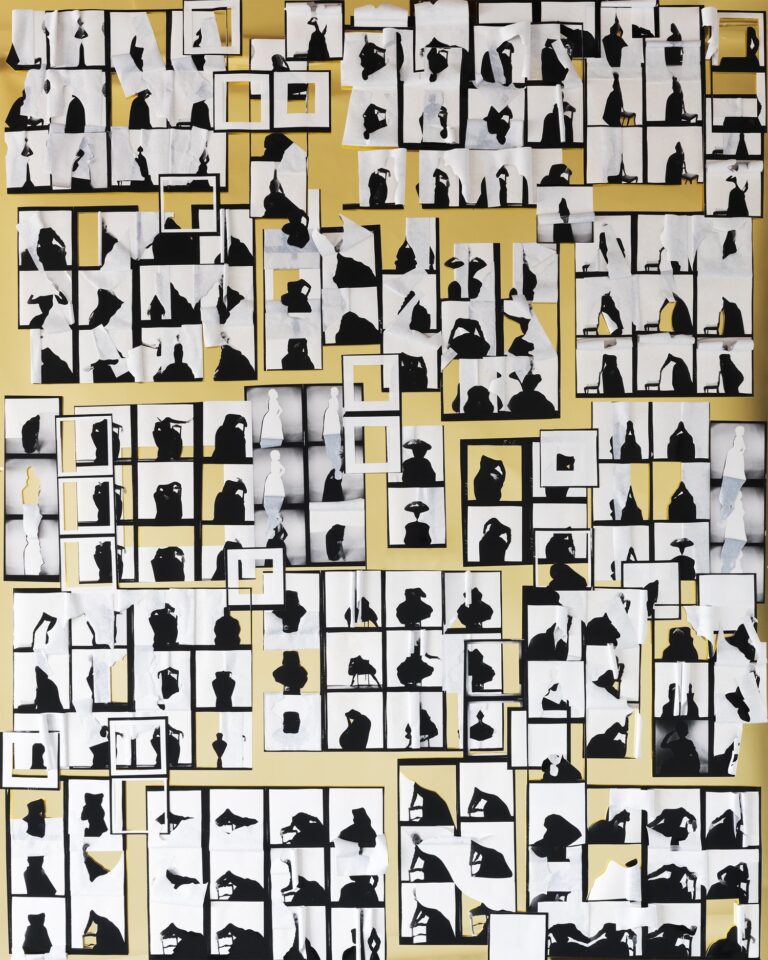
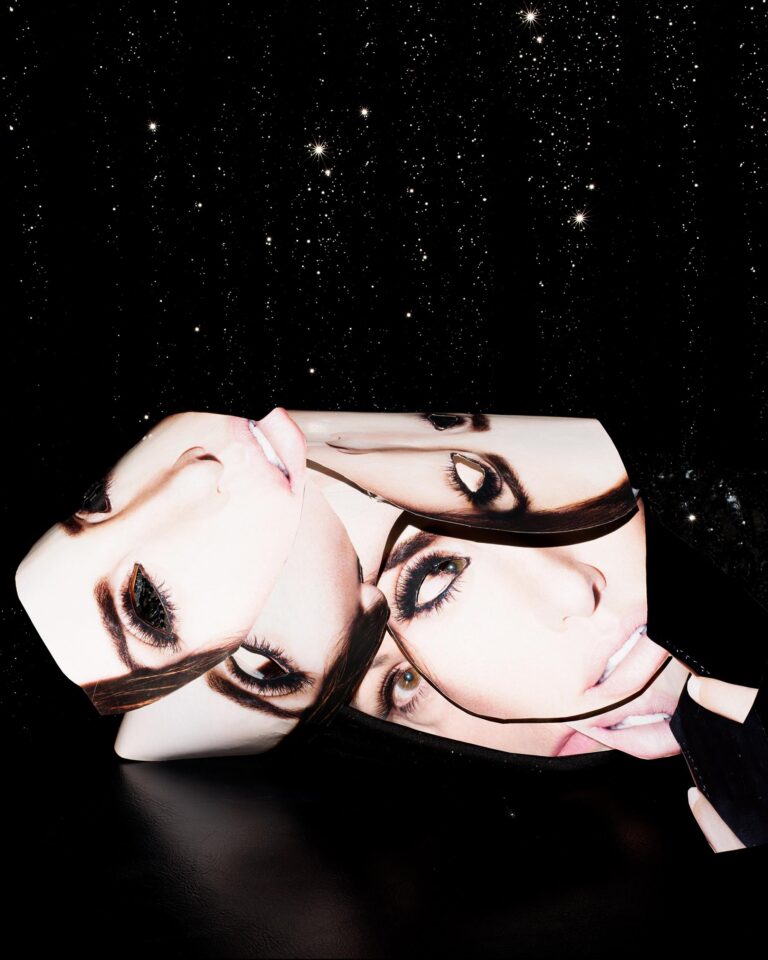
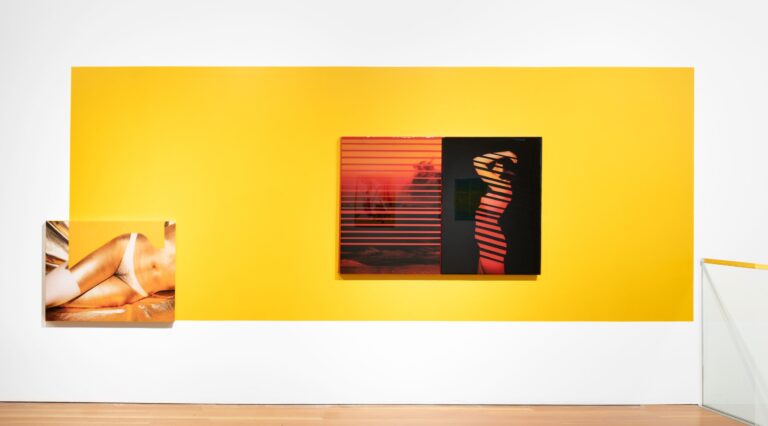
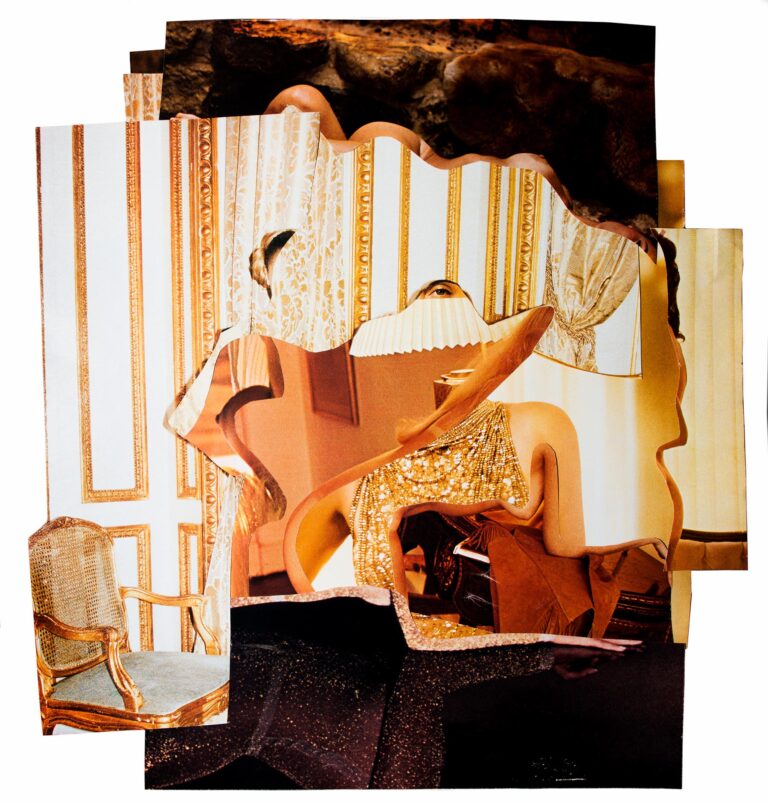
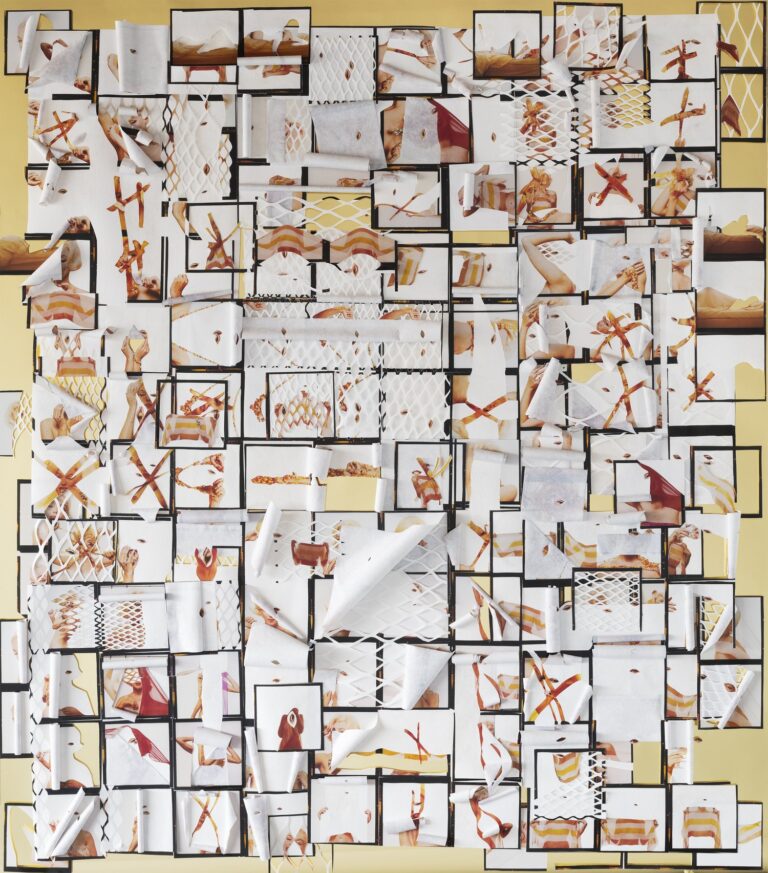
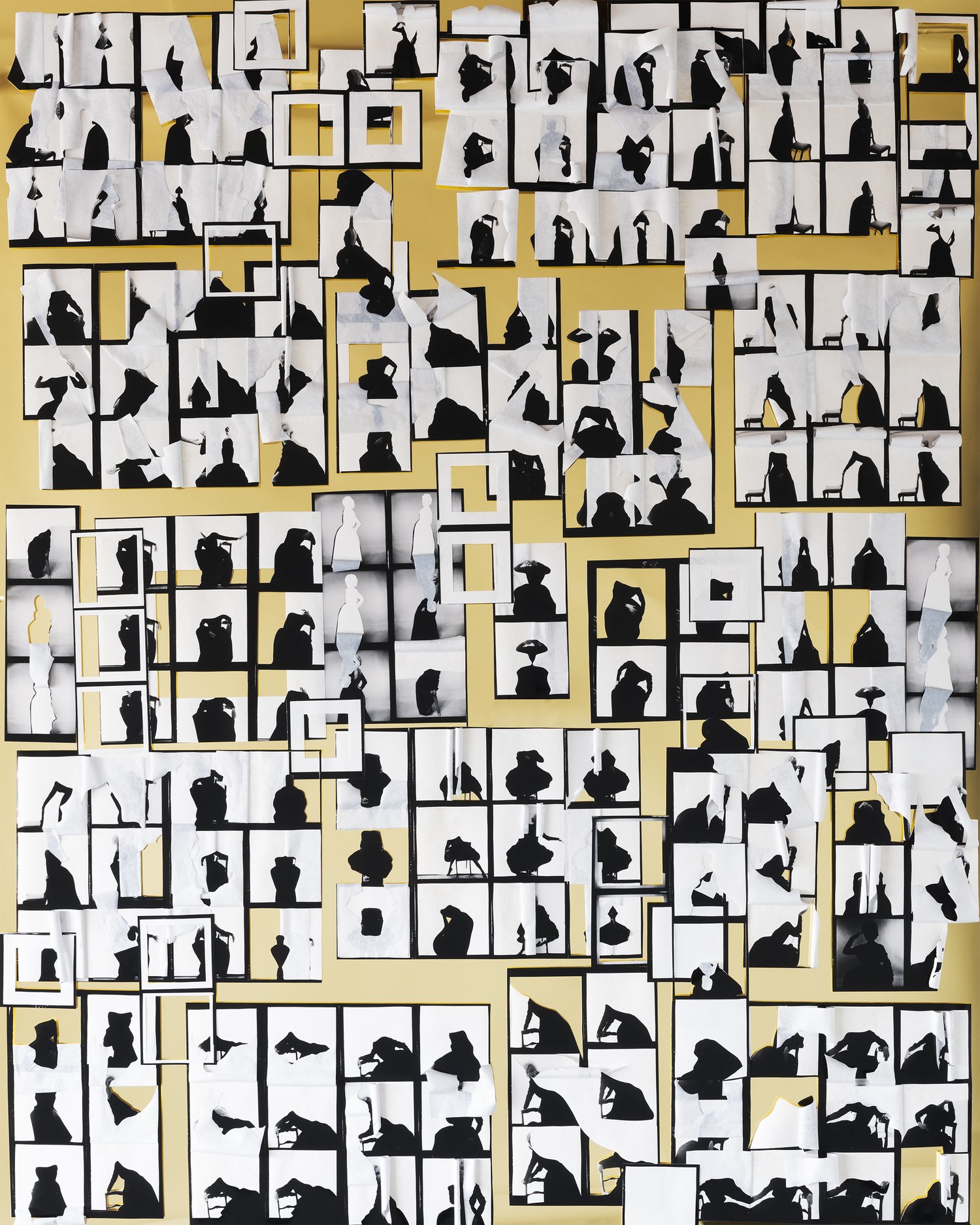
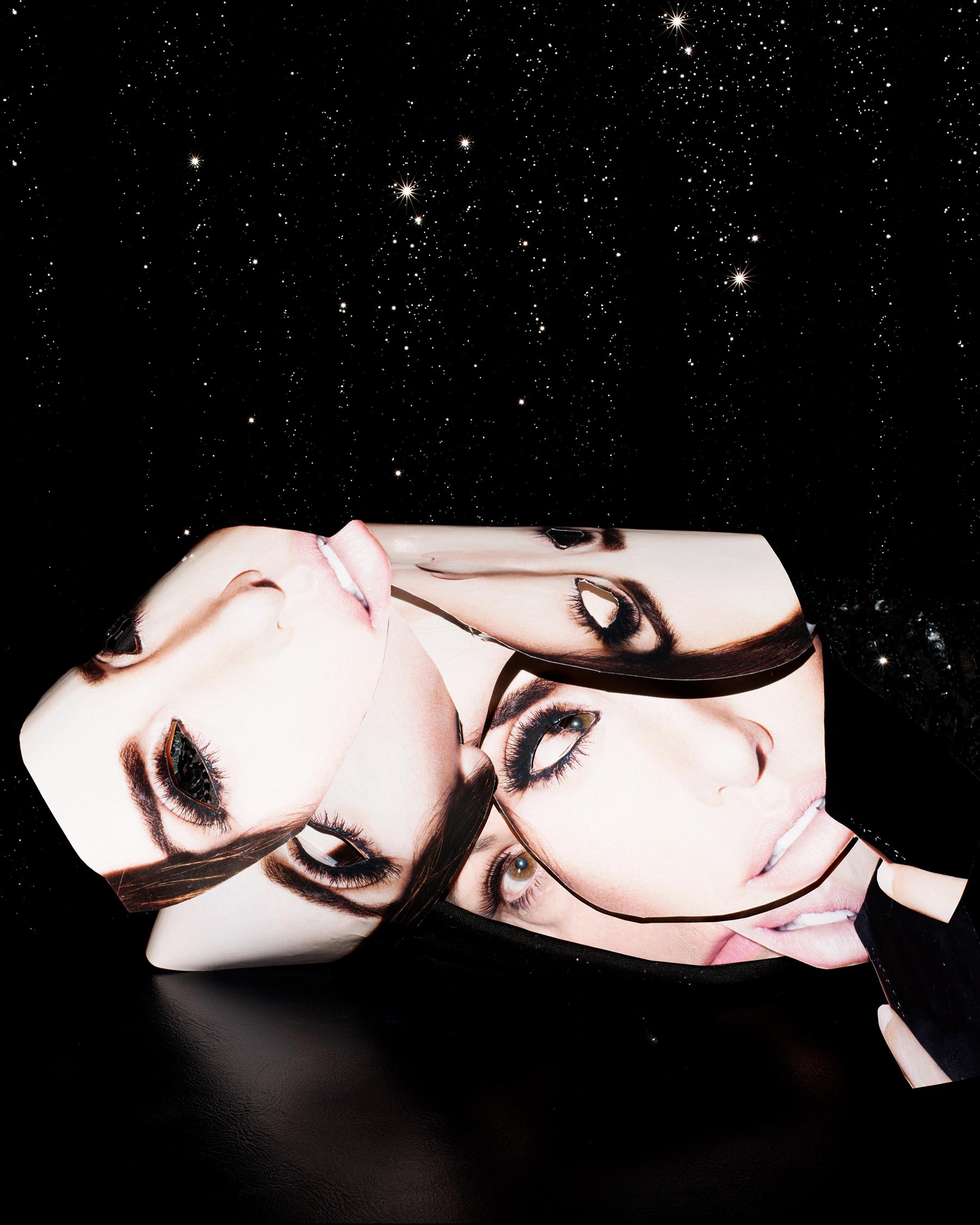
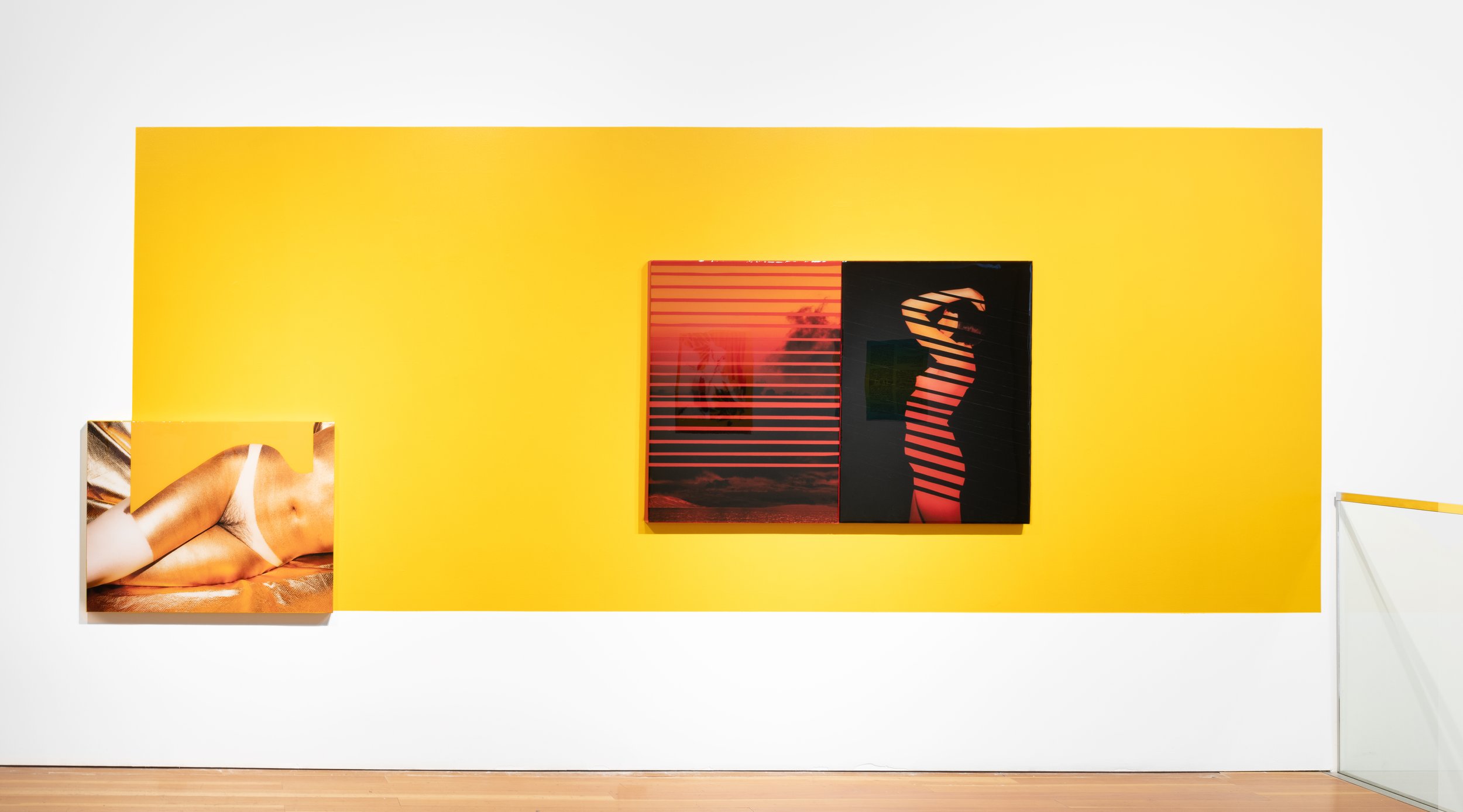
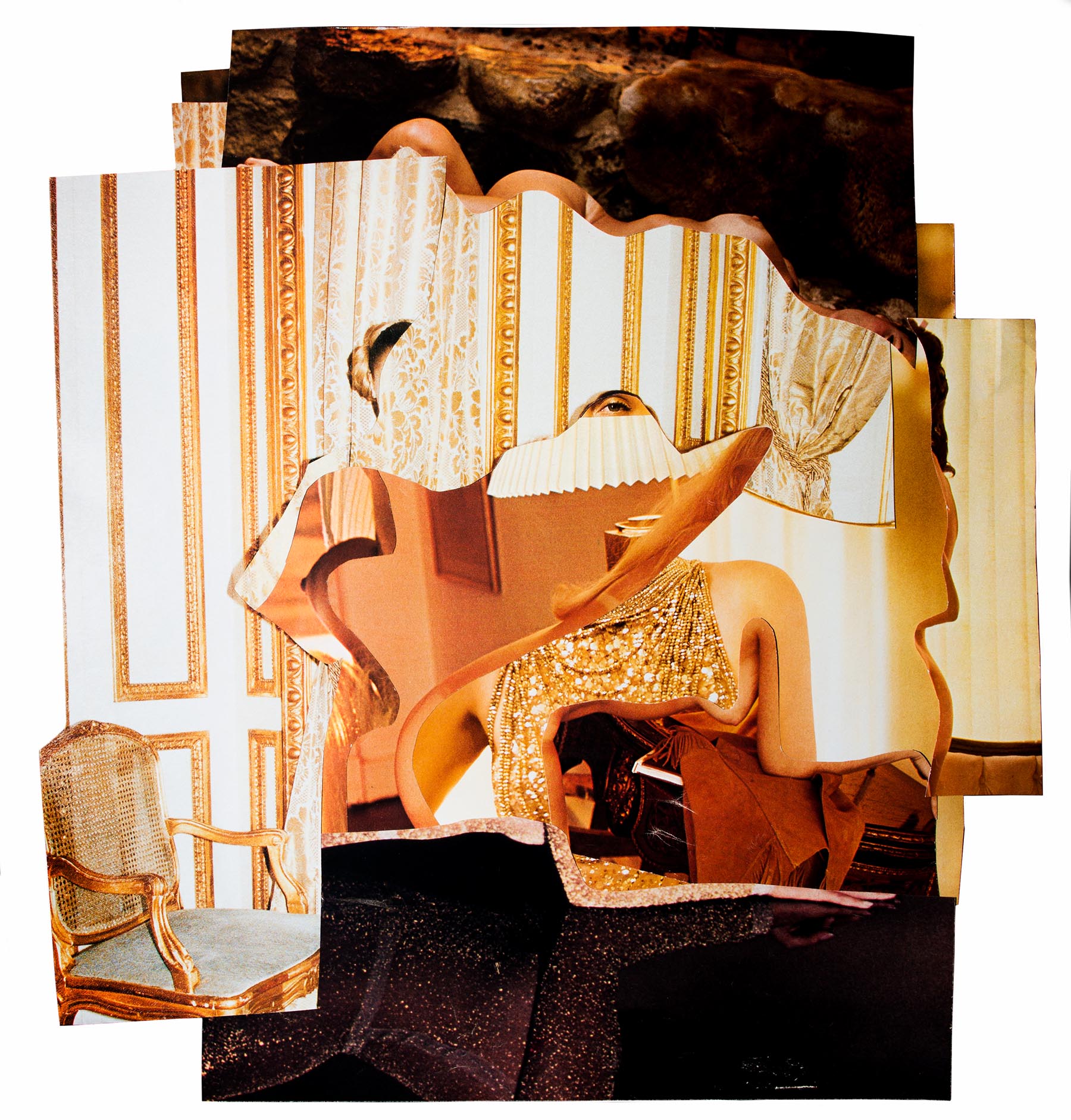
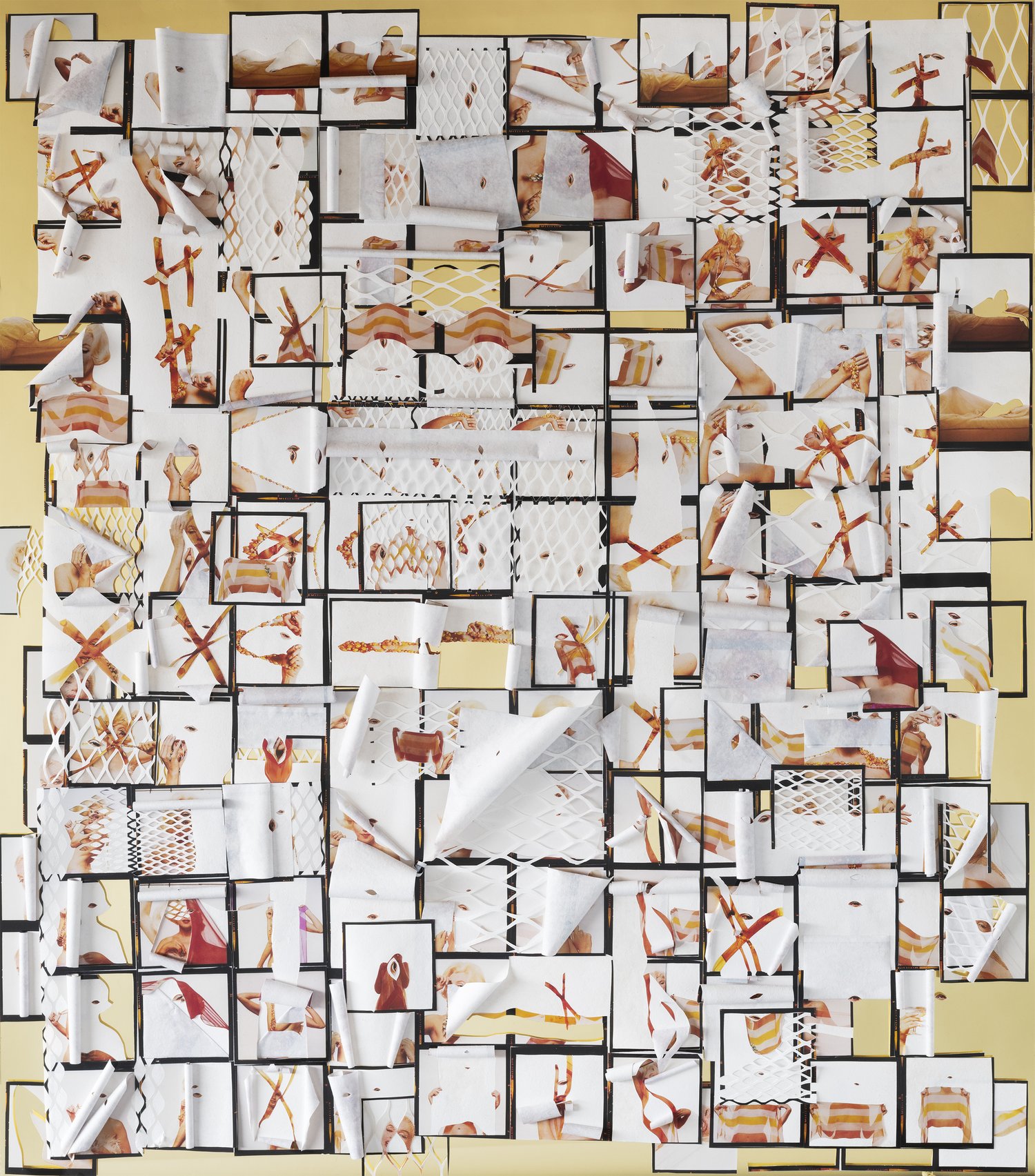





Course Description
Collage is more than a visual remix—it’s a method of reclaiming images, reframing context, and revealing new meaning. By cutting, combining, and reworking found photographs, artists challenge photographic history, disrupt established frameworks, and reshape the way we see the world.
In this new five-session online workshop, photographer and artist Natalie Krick examines the relationship between photography and collage. The course explores how manipulating archival and found photographs can shift visual culture and open up space for critical commentary. Through a series of assignments, you work with both analog and digital techniques—including cut-and-paste collage, in-camera image manipulation, and digital montage in Adobe Photoshop.
As the workshop progresses, you begin to merge digital and physical techniques, uncovering how meaning transforms when images move between mediums. The workshop includes readings, image reviews, and conversations around appropriation, authorship, and the power of subversion. You build a personal image archive and study the work of contemporary artists who use collage as a radical form of storytelling.
This workshop centers on experimentation, image-making, and thoughtful dialogue, offering new tools for artists looking to break apart and reconstruct the visual language around them.
Additional Information
WHO SHOULD ATTEND:
What You Should Know:
Working knowledge of Adobe Photoshop is required for this course. Participants should also be proficient in digital workflow, manual mode on your camera, and be able to download and select images using image editing software for class sessions.
For full participation in class assignments, participants should have access to cut and paste photo materials (magazines, newspapers, books), basic cutting tools (scissors or X-acto knives) and adhesive (glue sticks are recommended). A full list of suggested materials will be sent prior to the course.
Policies:
View Withdrawal and Transfer Policies for online programs.
For the convenience of participants, recordings of each class session are posted privately for one month after the end of each session. Santa Fe Workshops takes the recordings down after one month to protect the intellectual property of our instructors.
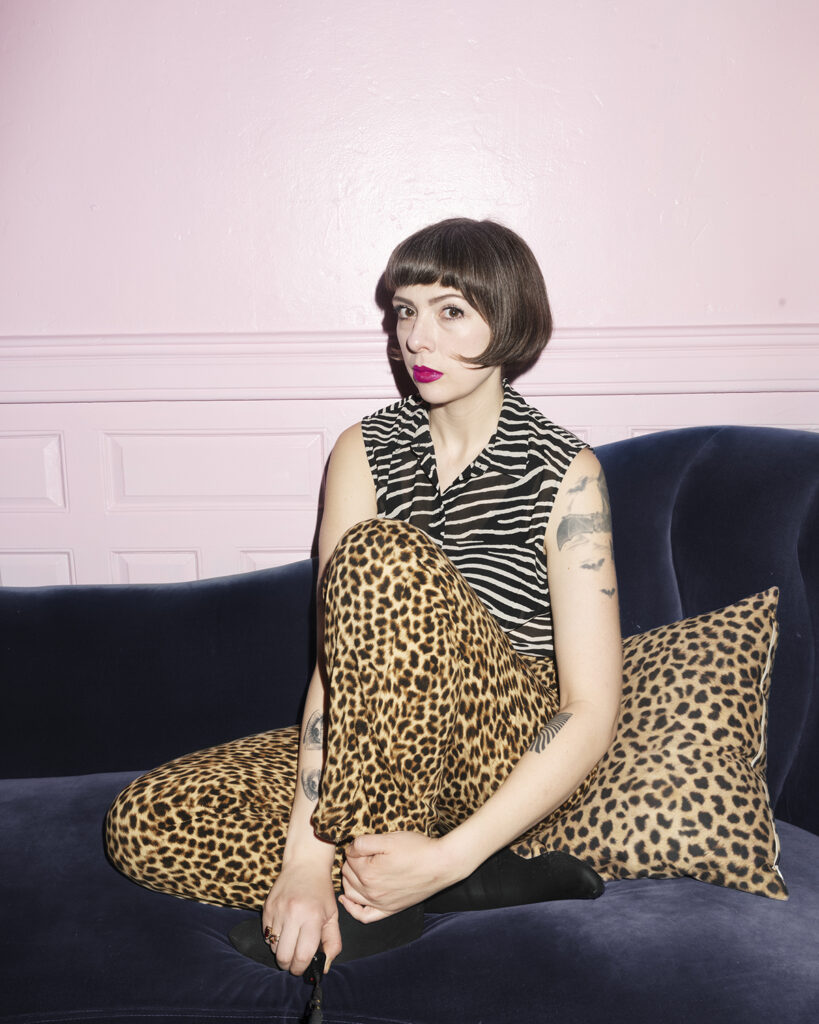
about
Natalie Krick is a Seattle-based interdisciplinary artist whose work investigates the medium of photography, visual perception, and pleasure through a feminist lens. She holds a BFA from the School of Visual Arts and an MFA from Columbia College Chicago. In 2017, her first monograph, Natural Deceptions, was published by Skylark Editions, and Natalie was awarded the Aperture Portfolio Prize. Natalie’s work has recently been exhibited at The Frye Art Museum, LACMA, Silver Eye Center for Photography, SF Camerawork, The Museum of Contemporary Photography, and Aperture Foundation.
Website: nataliekrick.com
Instagram: @natttynattynatnatnat

